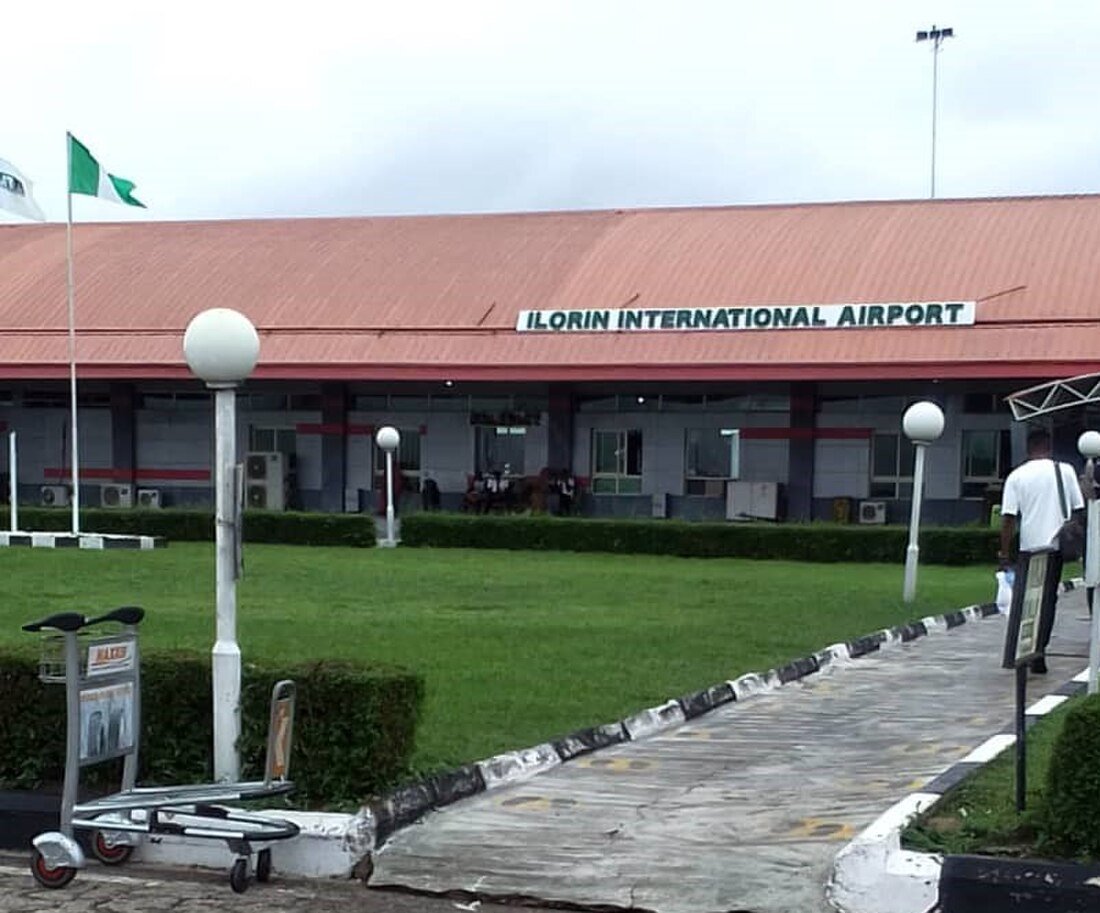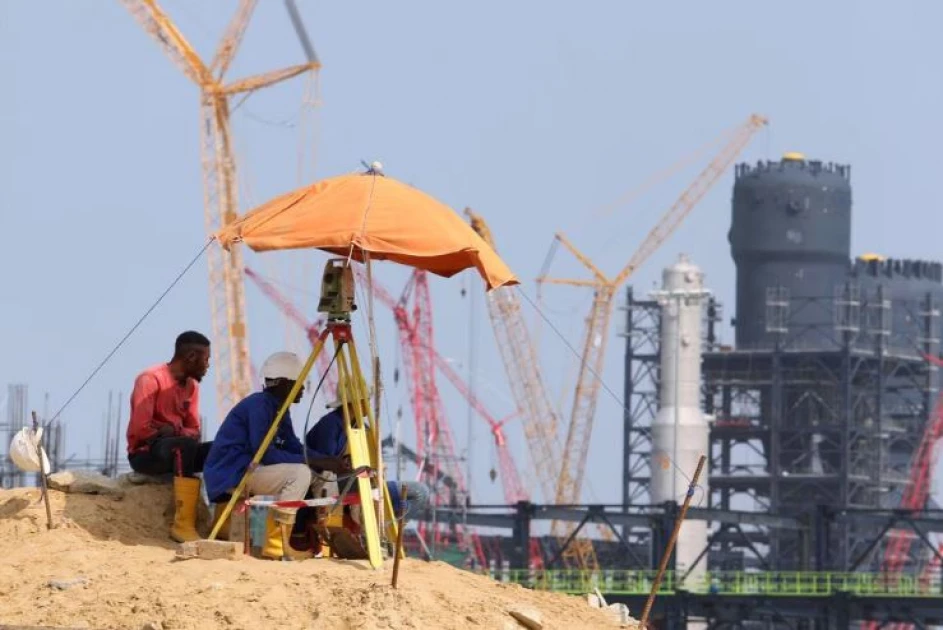Japan Sees Sharp Drop in Bookings as Social Media Amplifies Terrifying Earthquake Predictions from Manga, Stirring Massive Panic and Uncertainty - Travel And Tour World
Sunday, May 25, 2025

Ahead of the summer travel season, bookings to Japan from key Asian markets have seen a significant drop. The sudden decline in interest is largely attributed to growing rumors surrounding a potential earthquake, predicted for July 2025, which were sparked by a manga graphic novel. This unsettling situation has cast a shadow over Japan’s once-bustling tourist sector, raising questions about how misinformation can influence travel behavior and how the industry can combat such fears.
The rumor in question originates from a graphic novel, which includes a fictional storyline predicting a massive earthquake and tsunami to strike Japan in July 2025. Although the plot is entirely fictional, the viral spread of this prediction through social media has amplified fears, causing potential tourists to reconsider their plans. Many are recalling earlier works, with some believing that the author’s prior predictions, particularly those surrounding the catastrophic earthquake in Japan in 2011, have a credible basis. As a result, these rumors have taken hold, even without any scientific evidence to support them.
This misinformation has surfaced just as Japan typically sees a significant spike in visitors, particularly from neighboring countries in Asia, during the summer months. However, the growing fear of an impending natural disaster has led many to cancel or delay their trips. With travelers unsure about the validity of the rumors, the tourism sector is left to deal with the fallout from this unexpected shift in travel patterns.
This occurrence raises important questions about the profound effect misinformation can have on travel decisions. In the digital age, social media has proven to be a powerful tool, often spreading viral content that can significantly influence public perception. Even without any credible evidence, the persistent spread of these earthquake rumors on social media has led many to second-guess their plans. Travelers, especially from regions close to Japan, are reconsidering their summer vacations, with some even choosing to avoid the country altogether.
The rapid circulation of such stories demonstrates the power of social media in shaping public opinion. In this case, misinformation has led to substantial changes in travel behavior. Potential tourists are opting to stay away, despite the fact that no reliable forecasts have predicted such a disaster. This highlights how viral content, whether based on fact or fiction, can create a significant disruption in sectors like tourism, where consumer behavior is easily influenced by the information they encounter online.
The growing influence of misinformation highlights a key challenge for the tourism industry, especially in high-risk areas prone to natural disasters like earthquakes. For Japan, the task now is to provide reassurance and correct the false narrative being circulated online. To rebuild trust, the tourism sector must take proactive measures to offer travelers accurate information, backed by scientific data, to combat the rumors about the upcoming earthquake.
A coordinated effort from tourism boards, government officials, and travel agencies will be crucial in addressing these fears. One effective approach could be to launch a public relations campaign aimed at debunking the misinformation, leveraging experts in seismology and disaster management to share factual information about the region’s seismic activity. The goal would be to shift the focus from fear-driven content to reliable, fact-based content that reassures tourists about the safety of visiting Japan.
Social media platforms could be instrumental in promoting this correct information. By partnering with credible influencers and figures in the travel industry, Japan could combat the growing panic and present an alternative narrative grounded in scientific reality. In addition, Japan’s tourism sector could offer practical tips for disaster preparedness, which could ease travelers’ concerns and demonstrate the country’s commitment to visitor safety.
As Japan enters its peak travel season, the tourism industry faces a pivotal moment. Will the fear triggered by the viral earthquake prediction subside, or will it continue to influence travel decisions in the coming months? The answer remains uncertain, but the ongoing situation underscores the critical role that misinformation plays in shaping the future of tourism.
For the tourism sector, this experience serves as a reminder of the growing influence that social media has on travel behavior. The spread of misinformation is not a new phenomenon, but the speed and reach of viral content today is unprecedented. Therefore, it is essential for the industry to adapt and respond quickly to such situations, offering transparent, accurate information to counteract the effects of rumors.
The broader question is whether this trend of misinformation will continue to shape tourism decisions in the future. As travelers become more reliant on social media and viral content for travel information, the tourism industry must find new ways to manage and address misinformation, ensuring that travelers are well-informed and confident in their choices.
Japan’s current tourism crisis serves as a wake-up call for the global travel industry. The power of misinformation is undeniable, and its effects can be far-reaching. As travelers are increasingly influenced by online content, it becomes more important than ever for the tourism industry to step up and ensure that accurate information prevails.
In Japan’s case, the immediate priority is to restore confidence in the safety of travel to the country, ensuring that the narrative surrounding the earthquake prediction is corrected. However, the larger challenge lies in developing strategies to combat misinformation in the future, whether it’s related to natural disasters or other global concerns. Only by staying ahead of these challenges can the tourism industry continue to thrive in the digital age, where viral content can shape the course of travel decisions.












